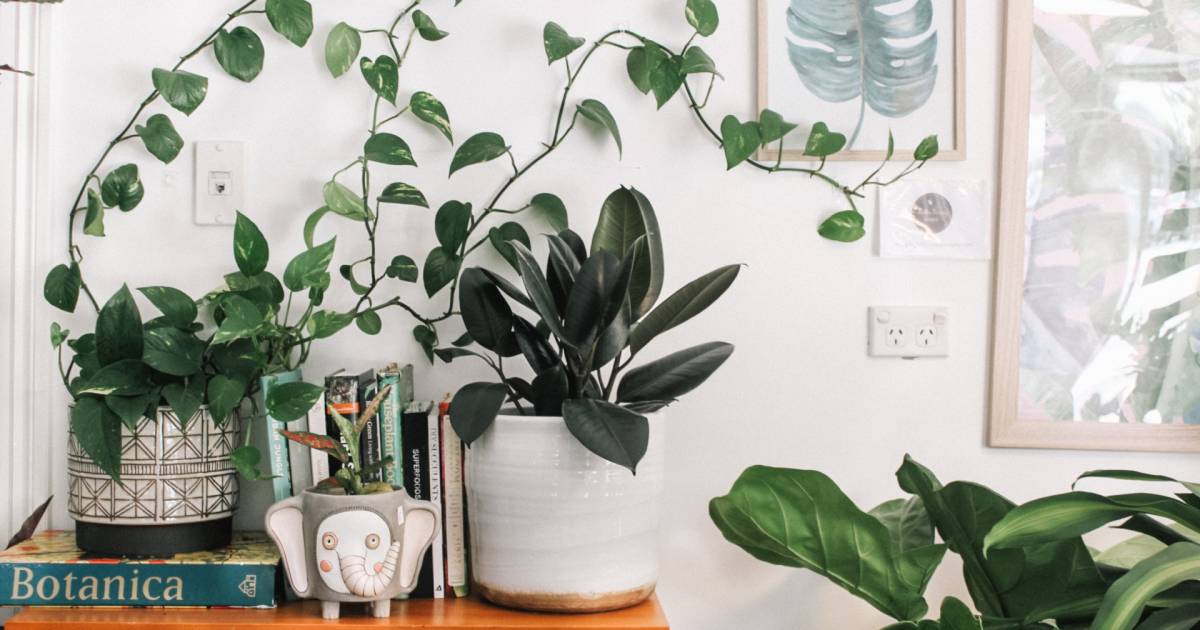A holistic approach to sustainable design
Sustainable design is an approach to design that aims to minimize the environmental impact of buildings and living spaces. This approach recognizes that our planet's resources are finite and aims to create living spaces that are environmentally responsible, resource-efficient, and healthy for both the occupants and the planet.
One aspect of sustainable design is the use of natural and recycled materials. This includes materials such as reclaimed wood, bamboo, and cork, which are renewable and have a lower environmental impact than traditional materials like concrete and plastic. The use of natural materials can also create a warm and inviting atmosphere in a living space, while recycled materials reduce waste and promote a circular economy.
Another important aspect of sustainable design is energy efficiency. This includes the use of energy-efficient lighting, appliances, and HVAC systems that reduce energy consumption and lower carbon footprints. Smart home technologies, such as thermostats and lighting controls, can also be used to optimize energy use and reduce waste.
Sustainable design also takes into account the entire life cycle of a building or living space, including its construction, use, and eventual demolition. This means designing buildings that are durable and adaptable, with a focus on reducing waste during construction and demolition.
Overall, sustainable design is a holistic approach to design that takes into account the social, economic, and environmental impacts of our living spaces. By incorporating eco-friendly and sustainable design solutions, we can create healthier, more efficient, and more responsible living spaces that benefit both people and the planet.
Categories: Interior Design | Authored by: RE DESIGN | Posted: 05/09/2023
